The Chamber of Deputies approved this Wednesday (31) Bill 2474/20, which allows micro and mini energy generators to donate credits for excess electrical energy generated for essential activities.
The measure is valid for up to 12 months after the end of the public health emergency period caused by the Covid-19 pandemic. The text now goes to the Senate for approval and, if approved, will be sanctioned by President Jair Bolsonaro.
The idea for the PL came about after entrepreneur Ricardo Rizzotto sent messages in a WhatsApp group of members of ABSOLAR (Brazilian Association of Solar Photovoltaic Energy) telling of a request from one of his customers.
After mobilization, deputies Franco Cartafina (PP-MG) and Lucas Redecker (PSDB-RS) presented the proposal in the Chamber of Deputies in May last year and, finally, after almost a year it was put to a vote.
Upon learning of the approval, Rizzotto celebrated. “The news was very well received, unfortunately with a long delay, a year after the idea, but better late than never. We are happy that the idea was extended to several other categories affected by the pandemic,” he said.
The news was also well received by ABSOLAR, which highlighted that the approval of the text is an advance that could alleviate electricity costs for hospitals and medical centers during the pandemic.
“To work in practice, the measure does not require structural regulatory adjustment nor would it require physical or technical adaptation from donors, beneficiaries or even energy distributors”, commented lawyer Bárbara Rubim, vice-president of distributed generation at ABSOLAR.
“Users of distributed solar photovoltaic generation and other renewable sources will be able to voluntarily donate their energy credits to essential public services aimed at directly combating Covid-19,” she added.
According to data from ABSOLAR, Brazil has 5 GW of installed power in distributed generation, with an average generation of 625 GWh per month. “With the donation of just 1% of this total, it could provide savings on the electricity bills of the benefiting institutions of around R$ 3.5 million per month. If membership enables the transfer of 5% of generation in the form of energy credits, the savings would reach the mark of R$17.48 million per month”, said Rubim.
Who will benefit?
Initially, the proposal aimed to allocate credits only to hospitals, nursing homes and other philanthropic entities involved in the direct fight against the disease.
However, an amendment added by the Novo Party expanded the benefit to essential activities, which cannot be limited during the pandemic. The amendment also extended the benefit period. Donations can be made by individuals or legal entities to customers located in the same concession area.
Deputy Cartafina highlighted that the project has no cost to society or the government. “Sometimes a person wants to make a donation, but does not have the financial resources. A farm or house that produces photovoltaic energy could give credit to a hospital”, he explained.
Also author of the proposal, Congressman Redecker noted that, with the reduction in economic activity due to the pandemic, many companies are accumulating energy credits that will not be used.
Credit management
According to the project, it will be up to energy distributors to manage the intention to donate and receive energy credit. To achieve this, a system must allow the consumer who holds the credits to send a notification of their intention to donate them.
This must occur within 15 days before the next energy consumption reading (billing cycle). The amount of energy (in kWh) to be transferred and the consumer unit benefited must be informed.
If potential beneficiary entities register in advance through a procedure approved by the distributor, they will be exempt from reporting receipt of the credits, which will be used on the next energy bill.
In practice
Although the approval of the project was an important step, the government's deputy leader, deputy Sanderson (PSL-RS), highlighted that it will take a high regulatory effort to change commercial and billing systems, with few practical effects.
“Many of the potential donors of energy credits are in different tariff classes, generating distortions in the concessionaire's revenue”, he warned.
Redecker countered, stating that ANEEL (National Electric Energy Agency) gave a favorable opinion to the project. According to the substitute approved by the Chamber, the deadline for regulation was extended from ten days, in the original project, to 15 days.


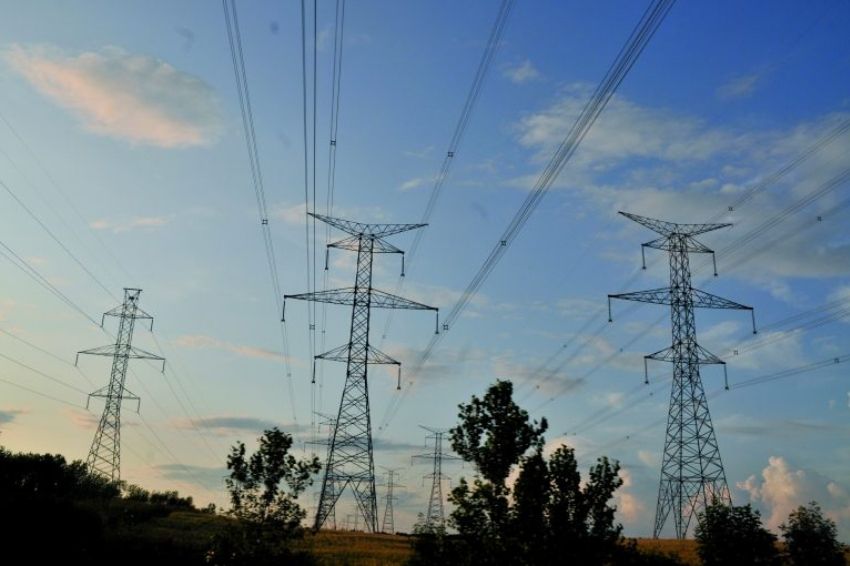


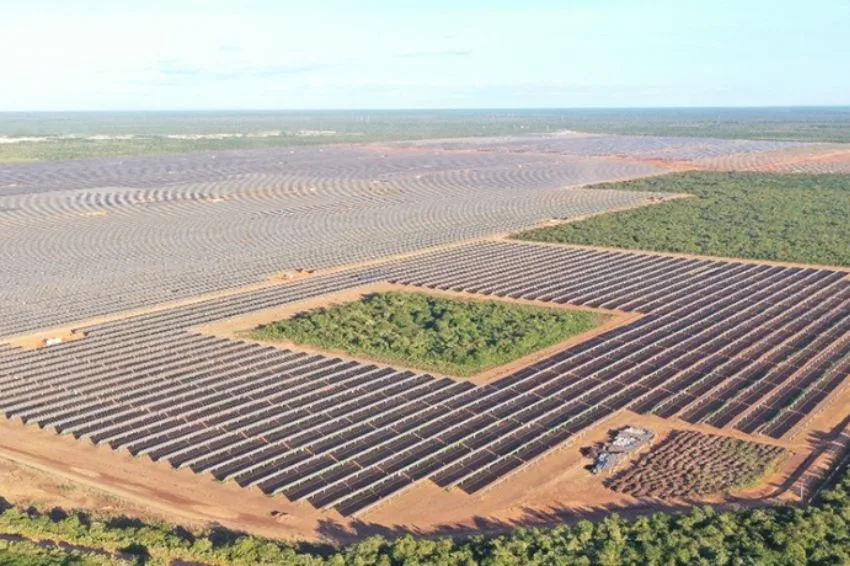
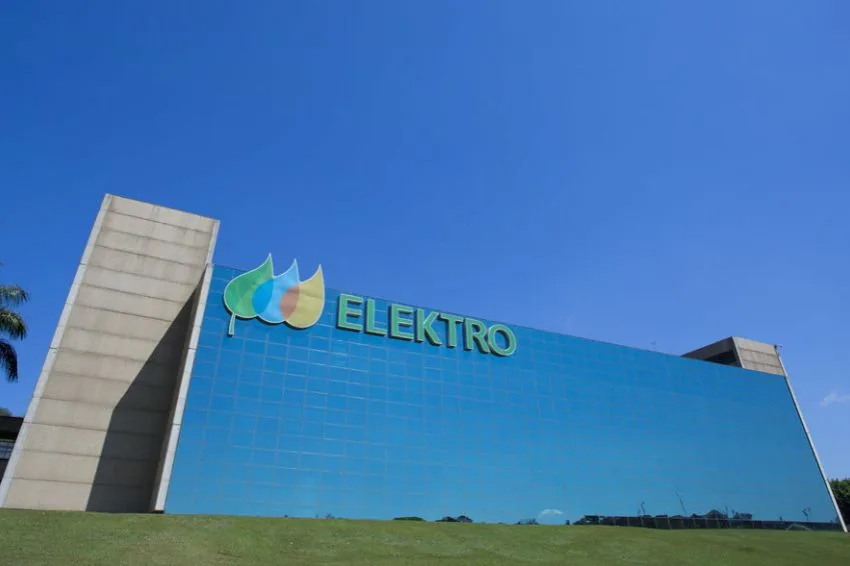
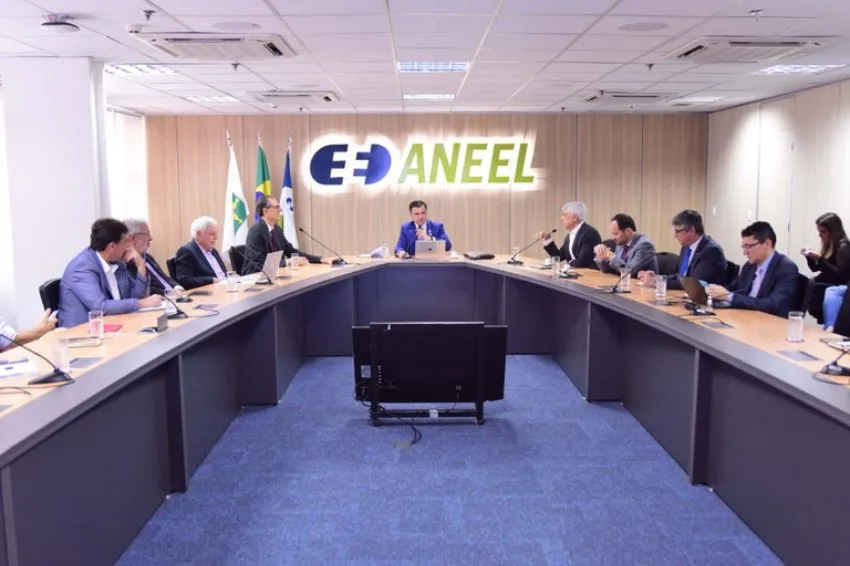
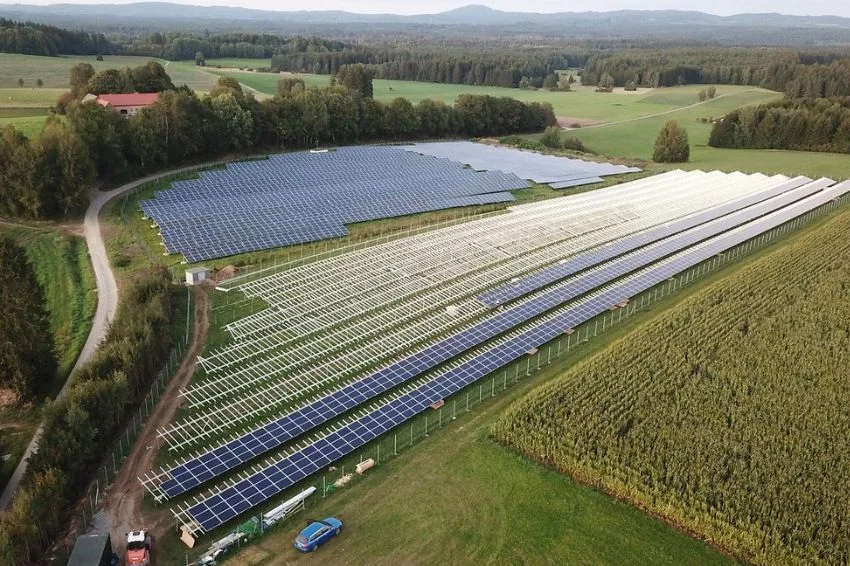
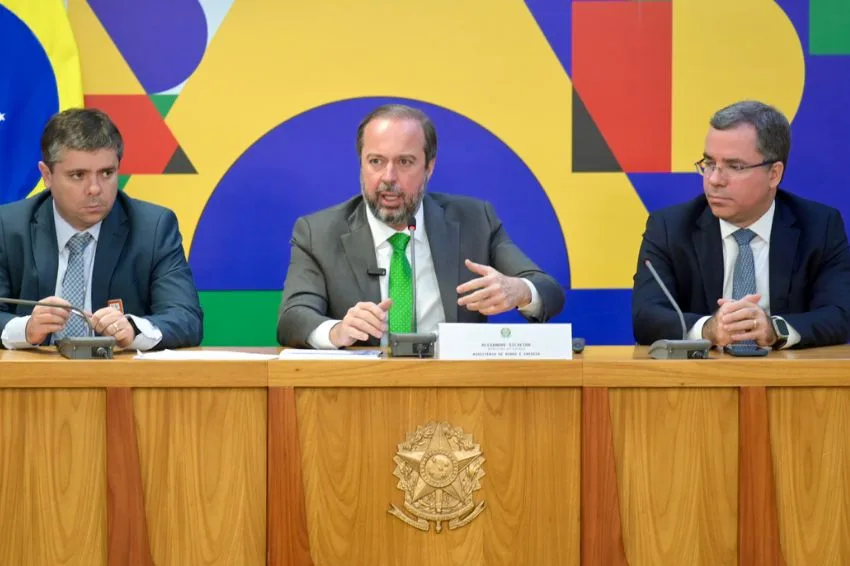
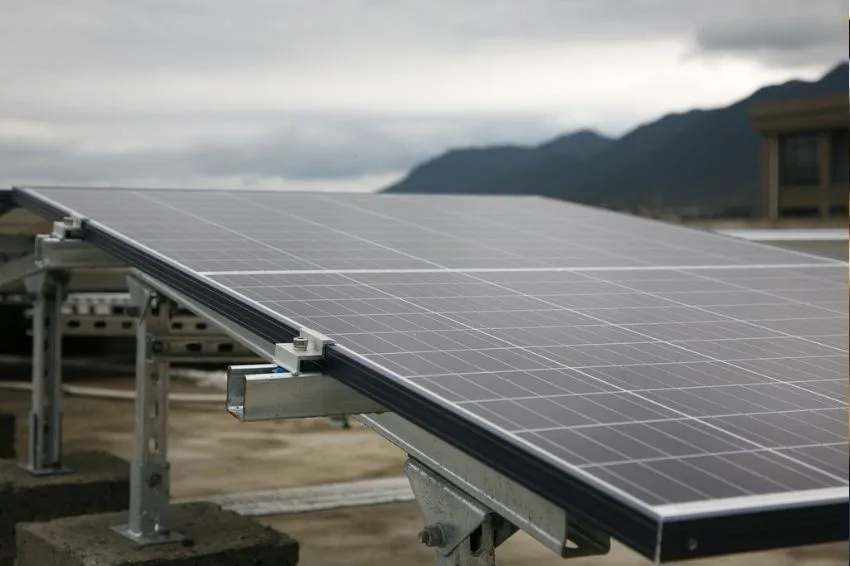







2 Responses
This model is very interesting, even if it only lasts 12 months.
Good news. I'm also a microgenerator and I want to donate the surplus.